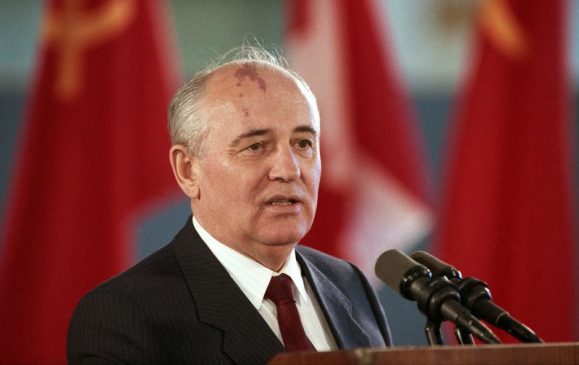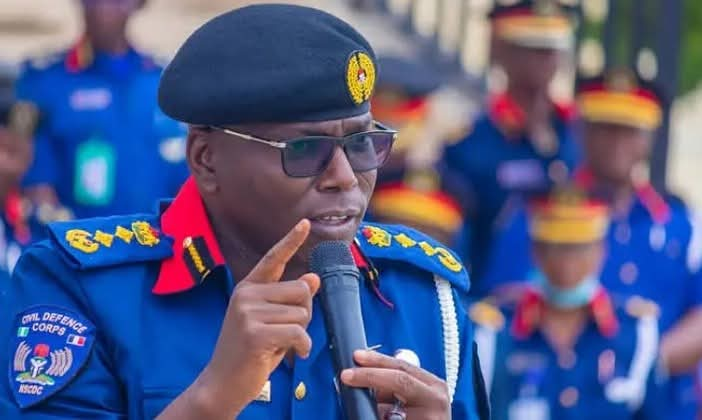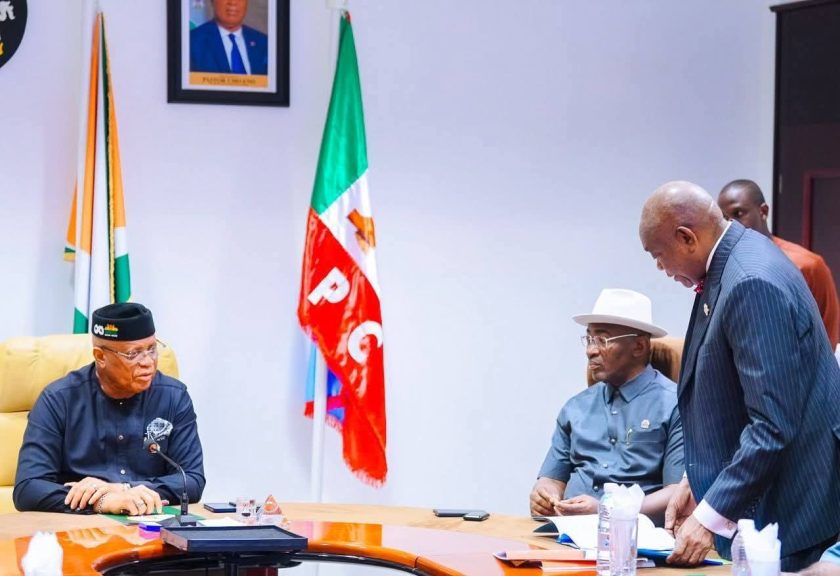Mikhail Gorbachev, the leader of the Soviet Union whose attempts to shake up his country’s political and economic system led to the collapse of the Communist superpower and the end of the Cold War, has died. He was 91.
The Interfax and state-run Tass news services cited the Moscow hospital where Gorbachev died. The Central Clinical Hospital said his death followed “a severe and prolonged illness,” according to Tass.
Gorbachev pushed for radical changes to the Soviet economy after he became Communist Party leader in 1985, at age 54. His overhaul, known as perestroika, and policy of openness, or glasnost, unleashed a political avalanche that brought down the Berlin Wall in 1989 and ended Soviet rule two years later.
Gorbachev’s career disintegrated in the process, leaving him a bystander to Russia’s political and economic evolution. In a farewell address delivered on national television on Dec. 25, 1991, the day the Soviet Union and his presidency were officially dissolved, Gorbachev said he had no regrets.
“I understood that initiating reforms on such a large scale in a society like ours was a most difficult and risky undertaking,” he said. “But even now, I am convinced that the democratic reforms started in the spring of 1985 were historically justified.”
Until Gorbachev, most Kremlinologists predicted the Soviet system, a one-party state that ran all aspects of public life, would only be dismantled through civil war. Gorbachev, recognizable for a red birthmark on his bald head, paved the way for the dissolution of the Soviet state. This led to relatively little violence in Russia, with unrest largely confined to conflicts in regions including Georgia, Azerbaijan, Armenia and Moldova.
-Bloomberg.com




